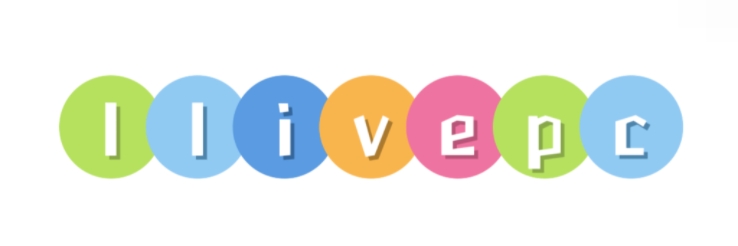7 Essential Tips for Using Correction Tapes Effectively
Mar. 04, 2025
If you’ve ever faced the frustration of making mistakes while writing or printing, correction tapes can be a game changer. While these handy tools are designed to provide a quick fix, using them effectively requires some finesse. Here are seven essential tips curated from industry experts to help you get the most out of your correction tapes.
Are you interested in learning more about Correction Tapes? Contact us today to secure an expert consultation!
Choose the Right Type of Correction Tape
According to Sarah Collins, a stationery aficionado, selecting the correct type of correction tape is vital. “There are various types available – from roller types to those with a harder dispenser. Knowing which type works best for your needs can save you a lot of time.” Experimenting with different styles can help you find the perfect match for your writing habits.
Apply in a Steady Motion
“Using correction tapes requires a steady hand,” advises Mark Thompson, a professional graphic designer. “Applying the tape in a smooth, continuous motion helps achieve a clean finish.” Refrain from pressing down too hard, as this may result in uneven application, which could lead to further errors.
Allow for Drying Time
One common mistake is to apply ink or write immediately after using correction tape. Jennifer Lee, an academic writer, states, “It’s important to let the tape dry for a few seconds before continuing to write. This prevents smudging, keeping your work clean and professional.” Patience is key when using correction tapes.
Use the Right Amount
Many experts emphasize the importance of not over-applying correction tape. As noted by Ryan Smith, a content editor, “A little goes a long way. Applying too much can make your paper look clunky and unprofessional.” A thin layer is often sufficient to cover mistakes effectively.
Featured content:Price of LED Wall: An In-Depth Analysis of Cost and Value
Link to EAGLE
Store Properly to Enhance Longevity
Proper storage of your correction tapes can extend their lifespan. Angela Roberts, a productivity coach, recommends, “Keep your correction tapes upright in a cool, dry place to prevent them from drying out or getting damaged.” Taking care of your tools ensures they remain effective for longer.
Practice on Scrap Paper
If you’re new to using correction tapes, practice makes perfect. “I always recommend testing on scrap paper,” shares Tom Baker, a calligraphy expert. “Familiarizing yourself with the application technique can drastically reduce mistakes on important documents.” This tip is especially useful for those who want to build confidence before tackling more significant tasks.
Be Mindful of the Surface
The type of paper you’re using can impact the effectiveness of your correction tape. “Textured or glossy papers may not hold the tape as well as standard printer paper,” warns Lisa Grant, a publishing specialist. Understanding this can help you choose the right surface for your writing needs, ensuring that your correction tape adheres properly.
By incorporating these expert tips, you can enhance your correction tape experience, ensuring that your work remains clean and professional. Whether you’re a student, a professional, or simply someone who loves to doodle, mastering the art of using correction tapes can be immensely beneficial.
If you are looking for more details, kindly visit EAGLE.
32
0
0

Comments
All Comments (0)